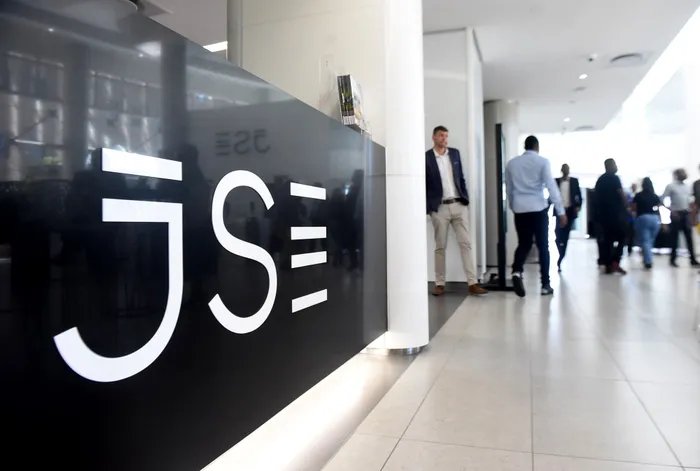August local commentary: Gold miners drive the JSE's sixth consecutive monthly return

South African (SA) equity markets delivered a sixth consecutive positive monthly return on the FTSE/JSE Capped SWIX Index, up 3.5% month on month.
Image: Supplied
South African (SA) equity markets delivered a sixth consecutive positive monthly return on the FTSE/JSE Capped SWIX Index, up 3.5% month on month (m/m), leaving the local bourse 22.3% higher year to date (YTD). It was another strong month for the gold miners, up 22% YTD, as they followed the price of the yellow metal higher (gold up 4.8% m/m). Gold miners were responsible for three-quarters of the JSE’s return in August and, together with their precious metal peers, the platinum miners, contributed more than half of the JSE’s YTD performance.
Other outsized moves on the JSE came from education company, Curro, which rose 34% m/m, as the charitable foundation set up by PSG Group founder, Jannie Mouton, made a R7.2 billion bid for the company. The aim is to delist Curro and convert it into a non-profit organisation to expand access to quality education. In the banking sector, Standard Bank’s results were well received, with the stock ending the month 6% higher. The results showed its African operations accounting for 40% of Group earnings and driving strong earnings growth.
At the other end of the spectrum, Nedbank (-9% m/m) delivered disappointing results, with normalised headline earnings growing just 2.6% year on year (y/y). The Foschini Group (-12% m/m) was another laggard on the local bourse as it delivered a disappointing trading update and left investors sceptical of the management’s ability to execute a complex, multi-year transformation plan across three continents that was presented at the company’s capital market day. Discretionary retail peer, Truworths (-15% m/m), also delivered disappointing results in August with adjusted headline earnings for its financial year to 30 June falling 3.4% y/y relative to consensus expectations for 2.2% growth.
The country’s latest inflation data ticked up (core inflation +3.0% in July y/y vs 2.9% y/y in June), while headline inflation, including the volatile food and energy components, at +3.5% y/y, reached its highest level in almost a year. This was as a result of food inflation, particularly beef (+10.5% y/y), which is experiencing disruptions from the country’s foot-and-mouth disease outbreak. Despite the uptick in inflation, the government’s 10-year borrowing rate (9.6% per annum) fell slightly during the month, benefitting from lower global yields and leaving it at an almost four-year low. The rand (+3.2% m/m) rallied against a weak US dollar, leaving the local currency +6.7% YTD.
Looking globally, developed market (DM) equities continued to grind higher with the MSCI World Index +2.6% m/m, leaving them 14% up two-thirds of the way through 2025. Healthcare stocks delivered a strong performance in August (+5.4% m/m), which was enough to drag them into positive territory for the year (+0.8% YTD), though they remain the US stock market’s worst-performing sector in 2025.
Emerging market (EM) stocks underperformed their DM peers (MSCI EM +1.5% m/m), though the EM stock index has yet to deliver a negative month in 2025, and August’s positive performance nudged the benchmark towards a 20% gain for the year (MSCI EM +19.7% YTD). Chinese shares remain a key driver of EM stocks in 2025, with Chinese companies listed in Hong Kong up 26% YTD.

Peter Little is a fund manager at Anchor Capital.
Image: Supplied
Peter Little, Fund manager, Anchor Capital
*** The views expressed here do not necessarily represent those of Independent Media or IOL.
BUSINESS REPORT